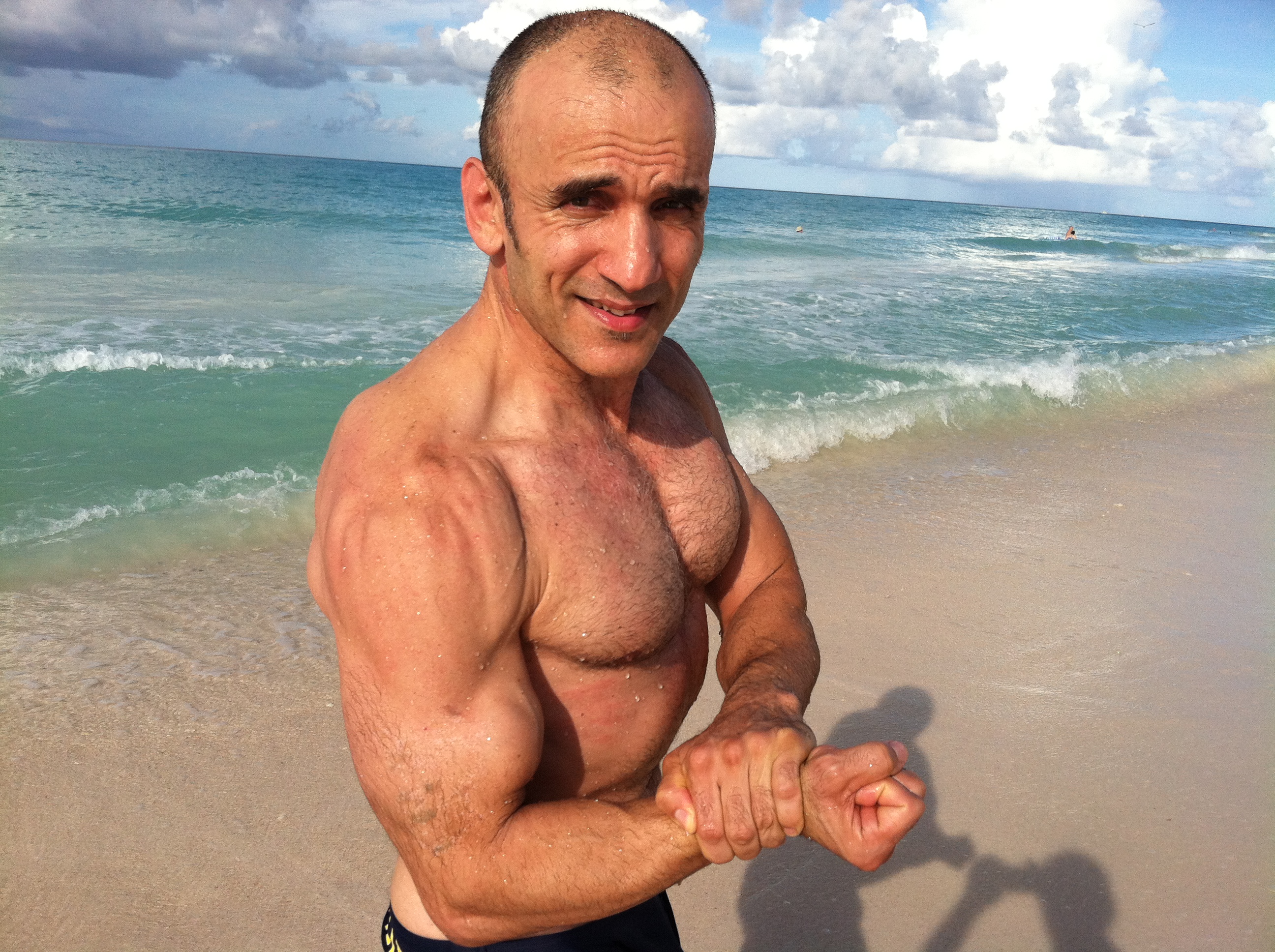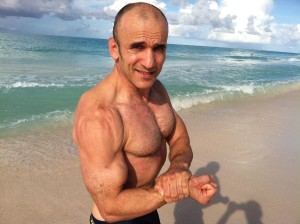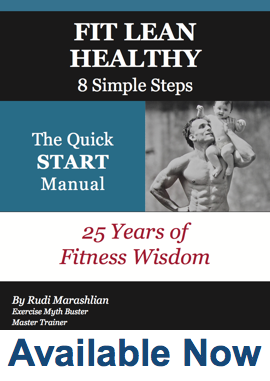Muscle Mass, Longevity and Physical Health
A few years ago I watched a documentary called Bigger, Stronger, Faster that detailed anabolic steroid use amongst bodybuilders in the quest to be the biggest at any cost. It was pretty sensational in that it took an honest look into the use of these drugs in American sports; at how widespread the use is across the board and at how secretive it is because it’s illegal to compete using anabolic steroids.
One section of the documentary that really stood out for me was the interview with several men diagnosed with HIV who were using steroids and also bodybuilding (building muscle mass). None of the men were remotely sick, in fact they looked healthier than most regular people and none of their diseases advanced into full-blown AIDS. The claim, completely unscientifically tested, was that their muscle mass was protecting their health and longevity, and that the steroids were helping build and maintain muscle mass.
Searching for Science – Muscle Mass and Longevity Connection
After watching this documentary I went searching for any research that might back up the idea that increased muscle mass corresponds to longevity and health – it made sense to me, but I could not find any scientific studies to back up that claim. What was the make-break point, at what point did the body start dying when it lost too much muscle mass? There was plenty of information about the condition of sarcopenia (loss of muscle that occurs naturally with age as well as with disease), but nothing promoting muscle mass as a sign of health or of disease.
Yesterday, scanning though a fitness trade journal, I found an article headlined, Muscle Mass as a New Vital Sign. Carla Prado, PhD, RD, associate professor at the University of Alberta, Canada stated, “Muscle mass should be looked at as a new vital sign. If healthcare professionals identify and treat low muscle mass, they can significantly improve their patients’ health outcomes. Fortunately, advances in technology are making it easier for practitioners to measure muscle mass.”
Dr. Prado based her statement on findings from a review of over 140 studies in inpatient, outpatient and long-term care settings looking at the relationship between muscle mass and health status. It was found that people with less muscle mass had more surgical complications and longer hospital stays, poorer quality of life and shorter livers overall. These finding correspond to our own experiences with resistance training clients who undergo surgery recovering much faster than expected, no matter their age.
Keep in mind that low muscle mass can occur in people who have “normal” and low body weight, so it’s a very interesting and new look at what constitutes a healthy body. I applaud the use of measuring muscle mass as a vital sign (as opposed to the current method of measuring body mass index (BMI), which does not take into account the fact that well-muscled people tend to also weigh more than under-muscled people).
How to Build Muscle Mass
Knowing now that maintaining and creating muscle mass is key to overall physical health, recovery and vitality, the question becomes how does one build muscle mass?
The very good news is that anyone CAN build muscle mass even when they are “old”. Strength training, resistance training or weight training is the main way to build muscle for men and for women. Ideally you would hire an experienced coach or personal trainer to help make sure it’s done safely and in the right way for your body and abilities. It’s something we are particularly skilled at doing with our personal training service located in the Sunland, Tujunga and La Crescenta areas of Los Angeles, California.
Please contact us with questions or for advice on how to build muscle mass to enjoy better health and a longer life.
Ref: Annals of Medicine (2018; dos: 10.1080/07853890.2018.1511918)
Bigger Leaner Stronger, 2008, Directed by Chris Bell




